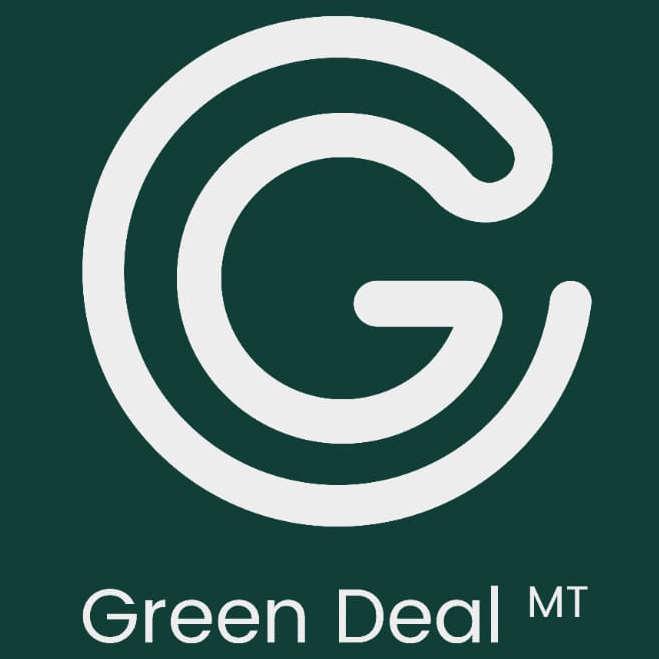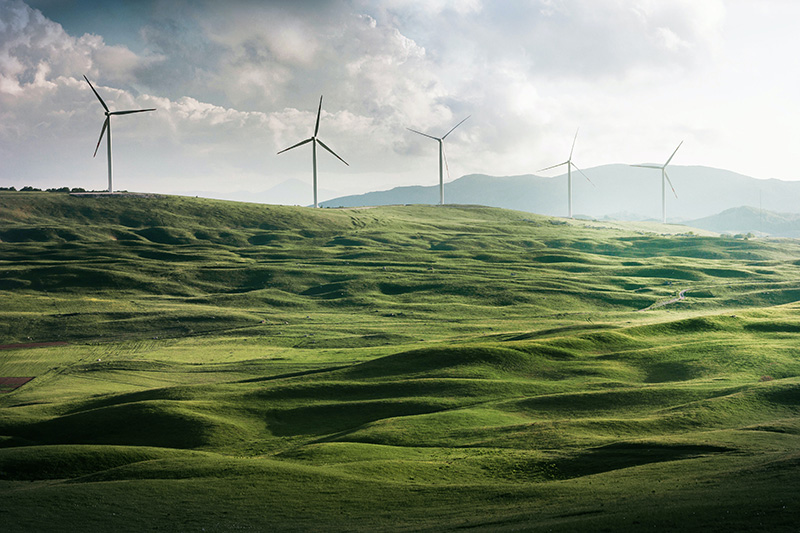Introduction
The invasion of Ukraine by Russian troops began on the 24th of February 2022, and during the past 10 months, the European Union has had to suffer severe difficulties with regard to energy supply within its territory. Russian gas supplies to the Union are, at present, and in the near future, at a complete halt. This resulted in a sharp increase in gas and electricity prices, growing electricity retail prices, which burdens households, and has radically slowed down economic growth, affecting many businesses because of the Euro inflation.
Due to such current circumstances, the Union has urgently, and rapidly reacted to ensure that European consumers and businesses reduce their energy demand by replacing natural gas supplies with energy from renewable sources, hence, accelerating the distribution of renewable energy sources with the aid of targeted measures. This would be done through the acceleration of the permit-granting procedures for solar energy equipment on artificial structures, promoting the deployment of small-scale solar installations, for self-consumers, the repowering of renewable energy power plants, and shifting to other viable renewable energy production sectors, such as wind power, and heat pumps.
The Proposal Explained
The Union has declared quite clearly that “Renewable energy plants, including heat pumps or wind energy, are crucial to fight climate change and pollution, reduce energy prices, decrease the Union’s dependence on fossil fuels and ensure the Union’s security of supply.”[1]. Moreover, we cannot forget the importance that renewable energy plays in the role of decarbonisation of the Union’s energy system to, possibly, reach climate-neutrality.
The text of the Council Regulation proposal, laying down a framework to accelerate the deployment of renewable energy, which came to be following the agreement on its content at the Extraordinary Energy Council on the 24th of November 2022, may be accessed here. Interestingly, due to the emergency of the situation, although the Regulation is not adopted yet, Member States would still be in a position to apply the Regulation or some provisions provided that its application would proportionally respect rights of 3rd parties and stakeholders within the context of energy supply. Additionally, the Regulation would be valid for 18 months following its publication in the Official Journal of the EU. The Commission will then have discretion to extend it following the cut-off date.
The presumption being put forward through this Regulation proposal is that renewable energy project is, now even more than before, of overriding public interest and will serve as public health and safety for the Union, with the rebuttal in cases of clear evidence that the projects being introduced will majorly and negatively affect the environment.
Solar Energy, Repowering and Heat Pumps
The first emphasis is placed on solar energy as a key source of renewable energy, namely through the usage of solar photovoltaic installations and solar thermal technologies. The proposal is in line with the EU Solar Energy Strategy[2]. In short, the strategy has the objective to reach goals of 320GW of solar photovoltaic by 2025 and 600GW by 2030.[3] Installations of this kind must be increased, and at a faster rate, through a three-month maximum efficient permit-granting process. Moreover, installations should be less complex, whilst still providing effective structures, meaning being stable, reliable and safe.
The second strategy proposed is the repowering of existing renewable energy plants. The benefits are many, as besides increasing the generation of renewable power and making it more capacity-effective, the continuance of already-used sites will reduce the need to designate new sites for such projects. A limitation of a six-month period for permit-granting to repower renewable energy power plants promotes the Union’s green footprint not only in the reality of the War in Ukraine but also in the global fight against climate change and being sustainable in reaching EU’s Green Deal goals, especially through the Fit-for-55 Package.
Thirdly, the use of heat pumps can produce renewable heating and cooling from underused renewable energy sources, like ambient energy, geothermal energy and wastewater treatment plants. Heat pumps drastically increase energy efficiency since they reduce the need to use gas to supply heating in buildings. Through the Proposal, there is also the existence of a one-month deadline of accepting an installation of heating pumps below 50 MW, and a three-month deadline for ground source heat pumps.
Concluding Remarks
The Regulation Proposal will significantly aid in combatting the social, economic and financial impact which the War in Ukraine has embedded in the Union. Through the newly introduced measures, there will be a greater flow of renewable energy, within different Member States, and this further promotes energy solidarity in the EU.
The spirit of an ‘Integrated Union’ in the reality of what we are, indirectly, facing is crucial in order to set an example and will encourage States to follow in this direction towards the vital ‘Green Change’ that we desperately need.
[1] https://www.consilium.europa.eu/media/60326/st15176-en22.pdf
[2] The EU Solar Energy Strategy is part of the REPowerEU plan and was adopted in May of 2022. aims to ensure that the European Green Deal targets reach full potential through solar energy generation achievements. The Commission communication identifies barriers to solar energy use, proposes measures to accelerate roll-out of this energy and makes soar energy systems within the EU more resilient yet effective. It presents three main initiatives: European Solar Rooftops, EU large-scale skills partnership and the EU Solar PV Alliance.
[3] More information may be accessed here








